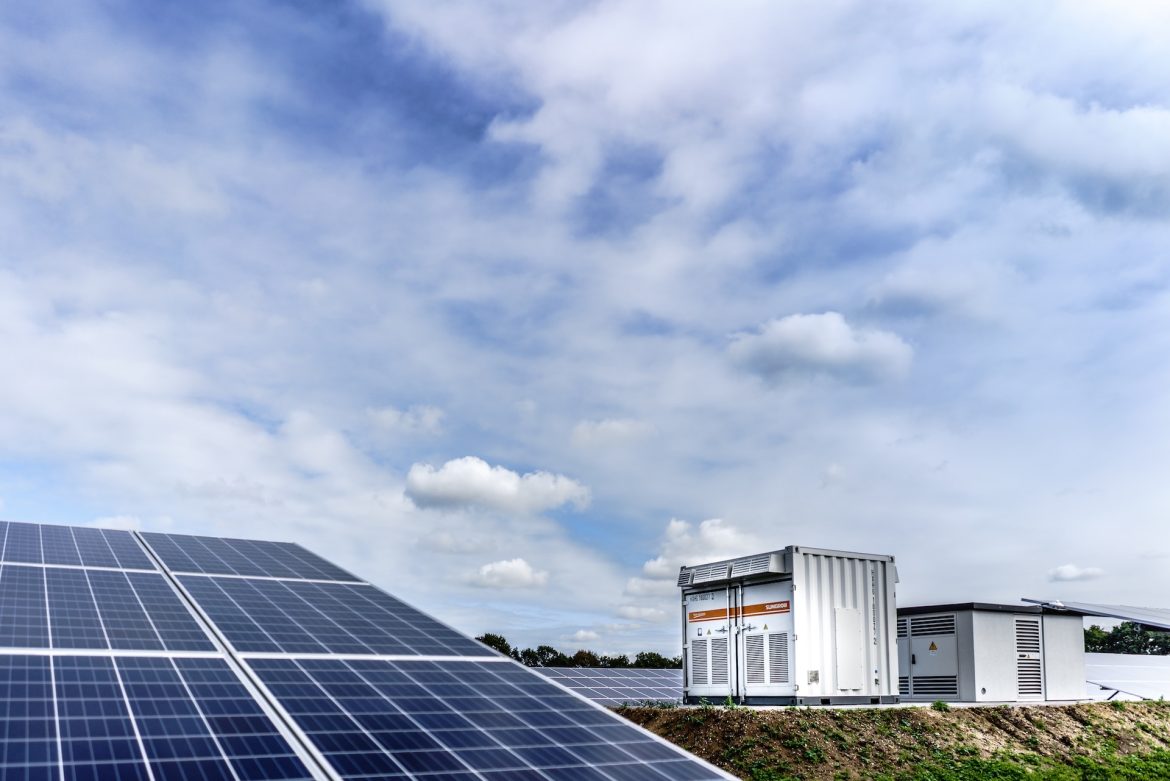Africa’s Battery Energy Storage Systems (BESS) market, despite its vast potential, remains largely untapped, necessitating a more strategic approach.
While global projections indicate substantial growth in the Battery Energy Storage Systems (BESS) sector, Africa’s contributions remain minimal, accounting for less than 0.5% of the anticipated 358GW global BESS capacity by 2030. The African Continental Power Systems Masterplan (CMP), a collaborative effort by the African Union Development Agency (AUDA-NEPAD), EU-GTAF, IRENA, and IAEA, emphasizes Africa’s burgeoning power needs and the significant contributions anticipated from variable renewable energy (VRE). Yet, the current BESS commitments in the continent don’t seem to align with its potential.
According to the CMP study, even without comprehensive data from all power pools, it’s feasible that Africa could achieve between 4.8GW to 7.7GW of BESS capacity by 2030 and 2040, respectively.
BESS, akin to the well-known pumped storage hydropower, doesn’t generate electricity. Instead, its worth is in providing energy precisely when and where it’s required and in bolstering system stability across the electricity supply chain.
The study highlights that the global energy storage market is poised for exponential growth, potentially reaching 358GW (1,028GWh) by 2030 – a more than 20-fold increase since 2020. As the demand for batteries rises, costs are expected to decline. This trend is already evident with lithium-ion batteries, the dominant battery technology in the market.
For Africa, the CMP study confirms developments of just over 1.7GW by 2027, which is a mere 0.4% of the forecasted global 358GW BESS capacity by 2030. Despite Africa’s rapidly escalating power needs and its planned VRE contributions, the continent hasn’t harnessed the full potential of BESS.
In a modeled “high scenario,” the study proposes that Africa could deploy about 4.8GW by 2030 and 7.7GW by 2040. BESS’s role is pivotal, providing increased reliability and modernizing the grid for diverse energy generation and consumption.
With global BESS deployment witnessing rapid growth, experts anticipate this trend to persist. Advancements in technology and competitive pricing are likely outcomes of this accelerated growth.
The study underscores lithium-ion batteries’ current dominance, offering up to eight hours of storage with minimal wear over a decade. However, emerging technologies might soon provide more cost-effective solutions with longer storage durations and enhanced lifecycle. The study also emphasizes the importance of pilot BESS projects in Africa to foster understanding and test viable business models.
SOURCE: ESI Africa



